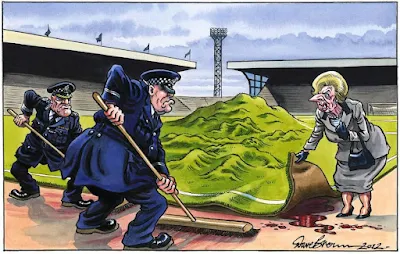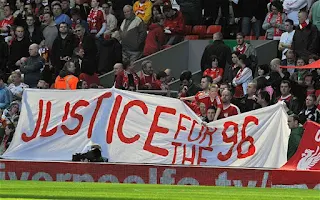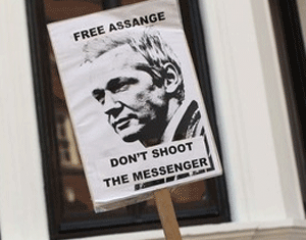Video including testimony of journalist covering the massacre
This week the world has remembered the victims of 9/11. But this weekend also marks the 30th anniversary of the massacre of Sabra and Shatila, so a moments silence please.
This massacre took place between 16 to 18 September 1982. It is now considered to be the bloodiest single atrocity committed against the Palestinian people in living history. Similar in magnitude to the September 11, 2001 attacks on the US,which left close to 3000 innocent people dead according to the International Committee of the Red Cross, more than 2,750 Palestinian/Lebanese, men, women and children were massacred in the Sabra and Shatila camps in Beirut, by Christian Lebanese Phalangists while the city was occupied by the Israeli army .
Israel for a while denied it had conspired in the massacre, yet as a result of international condemnation it launched an inquiry in 1983, known as the Kahan Commission http://www.jewishvirtuallibrary.org/jsource/History/kahan.html this found that the Israeli military were completely aware of the massacre taking place, but had done nothing to stop it. The Commission subsequently regarded Israel of being part of the 'indirect responsibility' for the massacre. and Ariel Sharon, then Israel's highest military leader, later the country's Primeminister of bearing personal responsibility for the massacre because he did not prevent the Lebanese Phalangist militia from entering the camps.
One of the reasons why people still talk about Sabra & Shatila, is that no one has actually ever apologised for this crime against humanity, which this incident surely was. Also no one has ever stood trial or been held account fot this crime.
We should not forget any crime against humanity, either, all are of equal importance. It is unfortunately part of us all a history and legacy that is both shameful and bitter.
On all accounts this was not an isolated incident, and to this day Israels oppressive policies towards the Palestinians continue. We still see the ongoing blockade of Gaza, which has made the Gaza strip one of the biggest prisons in the world.
Every September since then hundreds of Palestinians and friends from around the world gather now in Shatila at the Martyr's Square to remember and mourn, and mark the events that had previously occurred.
Even contemplating this dark anniversary, I never give up feeling that their is still much hope in the future for the lot of the Palestinian and their ongoing plight is not simply forgotten.


















